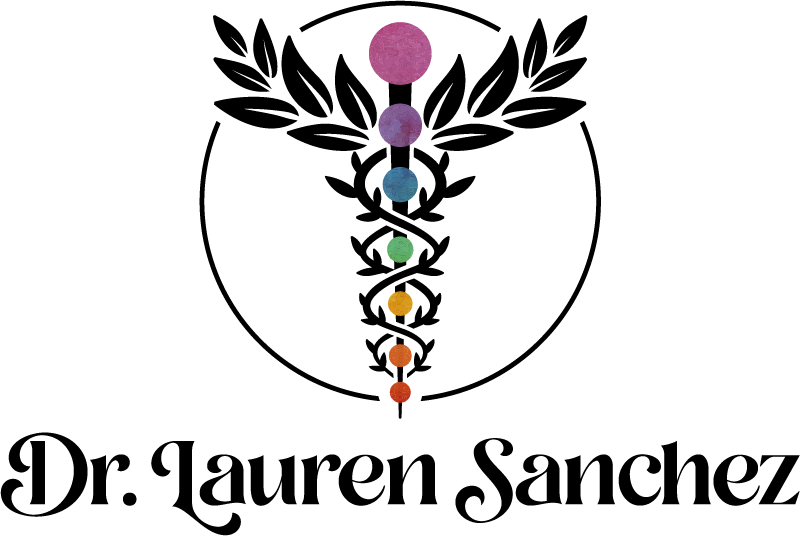What is gluten?
According to the Celiac Disease Foundation “Gluten is a general name for the proteins found in wheat (durum, emmer, spelt, farina, farro, KAMUT® khorasan wheat and einkorn), rye, barley and triticale”. Gluten is like the natural glue that holds food together. If you are eating wheat or breads products then you are consuming gluten. Chances are that you are consuming gluten in foods and drinks that are not even bread or grain products. Wheat, barley and rye are the top grains that have gluten in them and they occur in many common dishes and foods.
What’s all the hype about gluten free?
With the increase of autoimmune disease and a more conscious shift towards nutrition, gluten has become a very hot topic. Celiac disease is an autoimmune disease in which gluten damages the small intestine. The small intestine has villi, which are small finger-like projections that help us absorb nutrients from our foods. Gluten in people with Celiac disease turns on a response within their bodies to attack and blunt the villi making them incapable of doing their job of helping us absorb nutrients.
Not only is a gluten free diet for those with Celiac disease but it has been shown to benefit people with other autoimmune conditions such as Hashimoto’s thyroiditis, Graves’ Disease, Lupus, and Rheumatoid Arthritis. It has been shown to be beneficial in people who suffer from allergies, asthma, acne and other skin conditions, attention issues, and depression.
Who can benefit from a gluten free diet?
Even if you have been tested for Celiac disease and the results are negative it doesn’t mean you can’t benefit from a diet free of gluten. There are many people who have a sensitivity to gluten, and when they remove it from their diet they see huge improvements in their overall health. A food sensitivity is not a true food allergy, like peanuts are which cause some people to have an anaphylactic reaction. A food sensitivity is a delayed reaction in the body and can present in many different forms up to days after the food is consumed. Here is an example: A 24 year old man has back acne, mild depression, a lot of gas and bloating and loose stools. He curiously went on the gluten free diet to see if he felt any different. Within only 2 weeks he noticed his back acne cleared up by 90%, his mood was better, and he had 70% less gas, no more bloating and no more unpleasant loose stools.
The gluten free diet is very beneficial for several reasons and is simple to start to implement. Children as well as adults benefit from removing gluten from their diet. The truth is we are consuming far too much gluten in our diet because it is in so many foods we are not even aware of. The way grains are grown and harvested and breads are made in this modern age is very different than they were a few hundred years ago.
Is gluten free healthier? Will I lose weight?
Many people are under the presumption that a gluten free diet is a healthy diet and is one that can help you lose weight. The truth is, a gluten free diet CAN be healthy if done correctly, but like any other diet, if done incorrectly it can be unhealthy. What I mean by this is that there are some foods out there that are gluten free but they are still bad for your health. All oil is naturally gluten free so foods can still be fried or full of grease and salt and be considered gluten free. Most grocery stores now have a gluten free aisle but these aisles are full of gluten free snacks like cookies that are full of sugar and are still processed. So be conscious of the type of gluten free foods you are choosing as fuel for your body.
Weight loss is possible on a gluten free diet but if weight loss is the main focus then gluten is not the only food that should be banned from your healthy new lifestyle. Choose fresh fruits and vegetables to be the focus of your meals. With the assistance of an exercise trainer or health professional develop a personalized exercise plan to increase fat burning and muscle building.
What can I eat that does not have gluten?
In general foods that do not have wheat, rye, or barely do not have gluten. BUT this is not a rule and food labels should be read on every item. Find a health or nutritional expert who can teach you how to read labels so you can decipher if a food is gluten free or not. When in doubt, look for gluten free certified icons on packaged foods. All fresh fruits and fresh vegetables should be naturally gluten free. Grains like rice and quinoa are also naturally gluten free. The truth is more fresh, whole, organic, and natural foods are more gluten free than most people realize. There are gluten free alternatives to virtually all foods now and gluten free friendly restaurants are popping up more and more. When in doubt, ask! Your local restaurant, juice bar, coffee bar, or grocery store should be able to answer honestly what is or is not gluten free. There are many free resources as well for you to utilizing when making the transition to gluten free. Empower yourself to make the changes you want to better your life! Your health is just that, yours.
Resources:
http://celiac.org/live-gluten-free/glutenfreediet/what-is-gluten/#uP2EVhBw6P1VdLVS.99
http://articles.mercola.com/sites/articles/archive/2009/07/23/why-is-wheat-gluten-disorder-on-the-rise.aspx
http://www.amymyersmd.com/about/my-recommendations/gluten-free/
Gluten free blogs:
http://glutenfreegirl.com/new-to-gluten-free/
http://glutenfreegoddess.blogspot.com/p/how-to-go-g-free.html
https://simplygluten-free.com/
-In Love and Health, Dr. S


